১০ ফাল্গুন ১৪৩২
Chief Advisor in Interview: 'India Expects Sheikh Hasina to Return Home As Winner'
01 October 2025 18:10 PM
NEWS DESK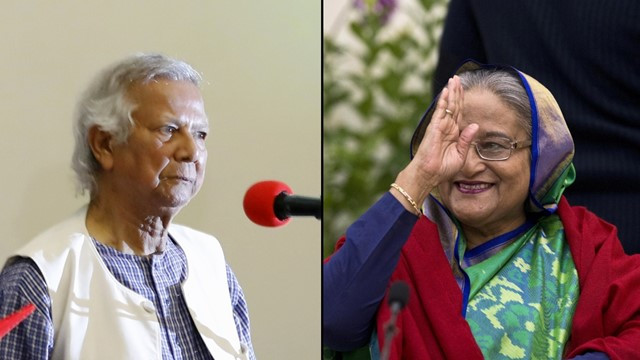
Chief Adviser Professor Muhammad Yunus is currently on an official visit to New York to attend the 80th session of the United Nations General Assembly. On the sidelines of the session, he gave an interview to Mehdi Hassan of the digital media outlet Zeteo.
In the interview, he spoke on a wide range of issues including the July Uprising, the fall of the Awami League government, his assumption of office as Chief Adviser to the interim administration, Sheikh Hasina’s refuge in India, the banning of Awami League’s activities, and the upcoming elections.
A substantial part of the conversation centred on the prohibition of Awami League activities and his reflections on Sheikh Hasina presented below:
Mehdi Hasan: On the night when Sheikh Hasina’s two‑decade rule ended, how did you feel: fear, hope, astonishment, or something else?
Dr. Yunus: I felt excitement. At last, it happened. It was unprecedented news.
Mehdi Hasan: Did you ever think it was going to occur?
Dr. Yunus: No — I had no sense of it. The protests in the streets were growing. But I never imagined that the situation would deteriorate so much that Sheikh Hasina would flee. I didn’t even know in detail then that she had left Bangladesh. In the end she did depart, and that was thrilling news to me.
Mehdi Hasan: Over the past year since the popular uprising, how have Bangladeshis been reacting? Is there still hope and excitement? Or have people become frustrated because changes are too slow?
Dr. Yunus: Both feelings exist. There is disappointment, and there is excitement. Because something is happening. The disappointment comes because people’s expectations are large -- they want everything now, not tomorrow. So when change does not arrive immediately, they judge the government harshly. But I view this in a positive light, not a negative one.
Mehdi Hasan: After Sheikh Hasina left, students preferred an interim government under you. Did that surprise you? And why would students choose someone apolitical and over 80 years old, an economist, as their leader?
Dr. Yunus: Yes, it surprised me. I didn’t know them. I never met them, never spoke to them. The first message came to one of my colleagues: “Students are trying to contact you. They want you to take responsibility.” I told my colleague: “Tell them to avoid me. Don’t get involved in this discussion. Make them understand this won’t happen.” My colleague couldn’t dissuade them. The next day, the students contacted me directly. They called, explained in detail. I told them: “Find someone else. I don’t want to be involved.” Over three days the discussions continued. I tried to distance myself.
Mehdi Hasan: What factor ultimately changed your decision?
Dr. Yunus: The students explained everything to me. They had sacrificed — students had taken bullets, many things had happened. They wanted you. If you turn away, what happens to the country? They were extremely enthusiastic about having me. So I said: “Okay, since you have sacrificed so much, I will change my decision.”
Mehdi Hasan: You said students sacrificed. The United Nations says that the previous government under Hasina killed nearly 1,400 people to suppress the student protests. The Bangladesh government has filed war crimes charges against Hasina. Meanwhile, Indian Prime Minister Modi is harboring Hasina. You have repeatedly called for her return for accountability. Do you think Modi will ever send her back?
Dr. Yunus: If India could make that decision unilaterally, they might keep her. But if a legal obligation arises that India cannot ignore, then the situation could change.
Mehdi Hasan: What is India’s interest in protecting Hasina?
Dr. Yunus: India has been assisting her all this time. They still hope that she might return to Bangladesh in full glory as a victorious leader.
Mehdi Hasan: The New York Times reported that Hasina is holding virtual meetings with Awami League cadres. Does that worry you?
Dr. Yunus: It worries me a lot.
Mehdi Hasan: Could India bring her back and rehabilitate her in Bangladesh? Are you concerned about that?
Dr. Yunus: I will not frame it in your words. But yes, there's a possibility that an external power could help her return. We are always concerned about that.
Mehdi Hasan: Did you ever speak with Narendra Modi about this?
Dr. Yunus: Yes, I have.
Mehdi Hasan: And what did Modi say in response to your request to return Hasina?
Dr. Yunus: Two points. I told Modi: "If you wish to keep her, you may do so. I cannot advise you." But I asked that she not be allowed to speak about us or about the Bangladeshi people. His response was: “I cannot control social media.”
Mehdi Hasan: After the removal of Hasina, your government has banned Awami League from politics and prevented them from contesting in upcoming elections. In Bangladesh’s history, parties have sometimes been banned, and that’s been heavily criticized. What is your response to that criticism?
Dr. Yunus: That criticism is wrong. We have not banned the Awami League.
Mehdi Hasan: But you revoked their registration.
Dr. Yunus: No, we did not revoke their registration. We merely suspended their activities.
Mehdi Hasan: What does that mean in practice?
Dr. Yunus: It means they cannot perform political activities at the moment. The party itself still exists.
Mehdi Hasan: So Awami League will not be able to contest elections?
Dr. Yunus: Not now, because their activities are suspended. The party is still legally valid. But they cannot engage in political functions currently. That suspension could be changed at any time.
Mehdi Hasan: You are saying the suspension may be lifted?
Dr. Yunus: There is a possibility.
Mehdi Hasan: If you haven’t banned the party, but you forbid its activities and they can’t contest elections — how is that democratic?
Dr. Yunus: The Election Commission considered the character of the party and decided accordingly, to prevent disruption in the election.
Mehdi Hasan: You would not deny that Awami League has millions of supporters in Bangladesh.
Dr. Yunus: I won’t deny that. They are a long-standing political party.
Mehdi Hasan: So now they have no political function. You are denying them the opportunity to engage in politics.
Dr. Yunus: Their supporters can still vote. Individuals can contest. But Awami League’s symbol won’t be on the ballot.
Mehdi Hasan: People say your new government behaves like the old one. Is that good for Bangladesh?
Dr. Yunus: There’s no alternative: elections can’t be held under the fear that Awami League would disrupt them. Awami League has yet to take responsibility for what they have done — they never expressed remorse for killings under their rule. They always blame others for their actions.
Mehdi Hasan: Last November, 30,000 Hindus protested your interim government’s actions. They allege thousands of attacks on the Hindu community. Former U.S. President Trump called these attacks “barbaric.” How do you control these assaults? Are they under control now?
Dr. Yunus: First, these are false reports.
Mehdi Hasan: I cited Trump’s remarks; do you say those are false too?
Dr. Yunus: Yes, I question whether he ever actually made those statements. Does he know what’s going on here in Bangladesh?
Mehdi Hasan: Are you saying no violence happened against Hindus? The New York Times has reported multiple times. Will you deny those?
Dr. Yunus: One specialty of India right now is spreading fake news.
Mehdi Hasan: So are you saying there was no violence?
Dr. Yunus: Communal harmony is normal in Bangladesh. If there is conflict, it usually arises from family or land disputes — not communal targeting.
Mehdi Hasan: You claim communal violence has not increased. Independent journalists say otherwise.
Dr. Yunus: No, it has not risen. The government is vigilant. India is using these allegations to pressure Bangladesh.
Mehdi Hasan: As your chief adviser, what message do you have for Hindus, Muslims, and all in Bangladesh who feel insecure?
Dr. Yunus: Before I came to the U.S., I met many from the Hindu community. I told them: “Never say, ‘I am Hindu; protect me.’ Say, ‘I am Bangladeshi.’ Demand all rights as a citizen. Don’t isolate yourselves.”
Mehdi Hasan: Many Bangladeshis now feel insecure. Violence, kidnappings, retaliatory attacks on Awami League supporters, police vacating stations—all have increased post‑uprising. Could your government have done more to control law and order?
Dr. Yunus: This was a revolution — everything was unsettled. The government wasn’t functioning. Yesterday’s attackers may now be peacekeepers. You don’t know which side they belonged to. Once things begin to settle …
Mehdi Hasan: Are things settling now? Is crime under control?
Dr. Yunus: Certainly.
Mehdi Hasan: The Army Chief recently warned that if divisions persist and people quarrel, the country’s independence and sovereignty could be at risk. Are you worried?
Dr. Yunus: That’s a good message. Anyone can say it. It’s common sense. Everyone would agree with unity and peace.
Mehdi Hasan: Do you agree with what the Army Chief said?
Dr. Yunus: Who wouldn’t? Peace and unity are shared goals.
Mehdi Hasan: Why did people talk of a split between the interim government and the military last May? Reports said the Army Chief wanted elections by December. Some media claimed he opposed humanitarian corridors. When big decisions come, should they be left to an elected government?
Dr. Yunus: I can’t respond to that. There was no corridor issue, no such topic. He must have heard something and spoken about it. Elections are not his concern; that’s for the government.
Mehdi Hasan: Since you are interim, don’t you think you should focus on routine governance and leave major decisions to the future elected government?
Dr. Yunus: No one disagrees. We were given three tasks. We will carry them out.
Mehdi Hasan: There are news reports you wanted to resign. Why?
Dr. Yunus: I was frustrated. Things weren’t progressing as they should.
Mehdi Hasan: So you plan to remain until February?
Dr. Yunus: Until the new government takes office.
Mehdi Hasan: Then you’ll relinquish power?
Dr. Yunus: Yes.
Mehdi Hasan: Will you retire from public life?
Dr. Yunus: I’ve never retired.




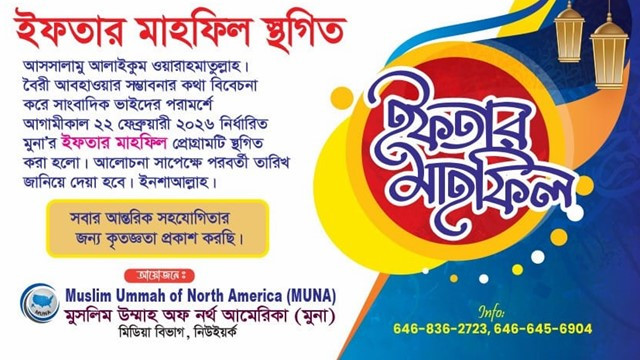
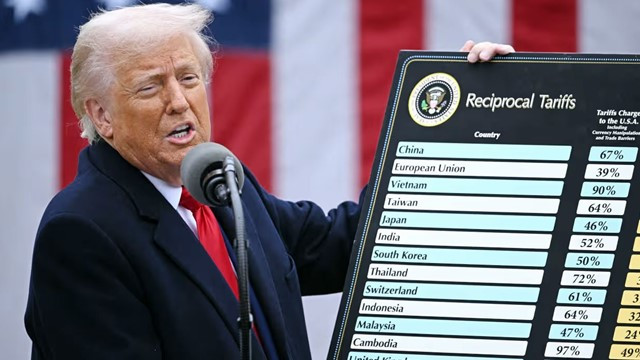
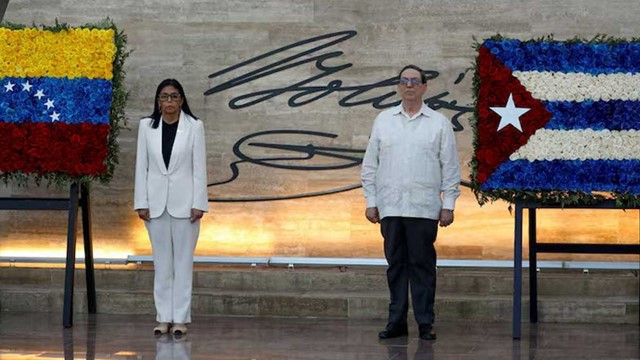
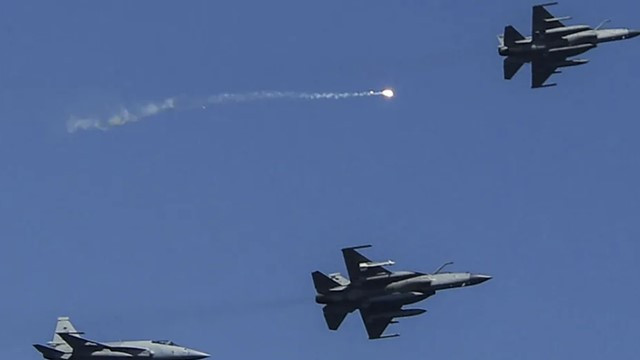
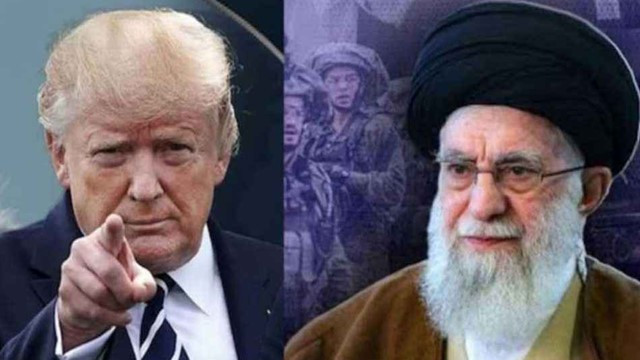
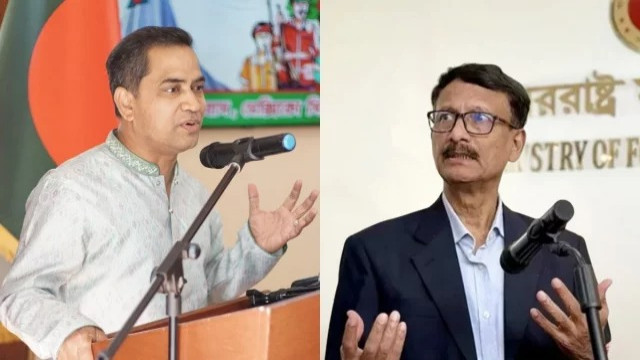
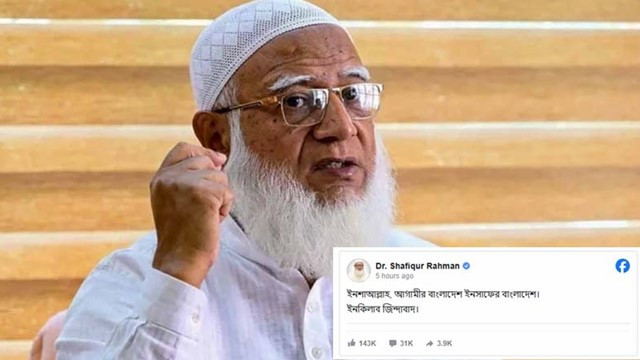

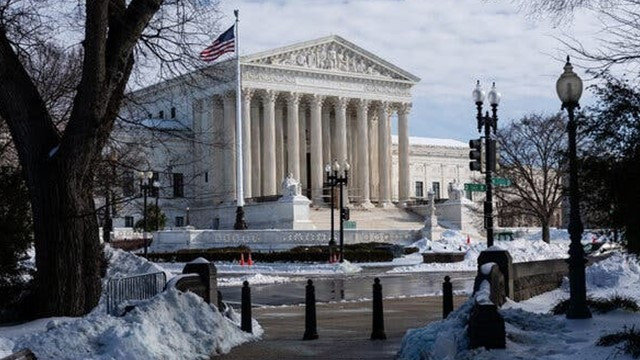
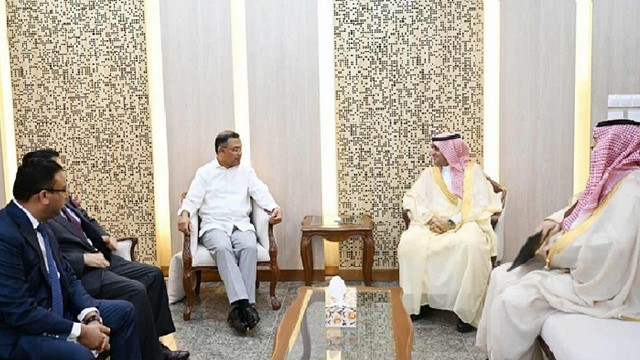

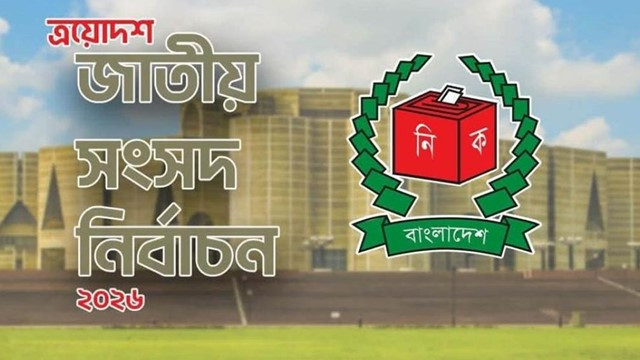
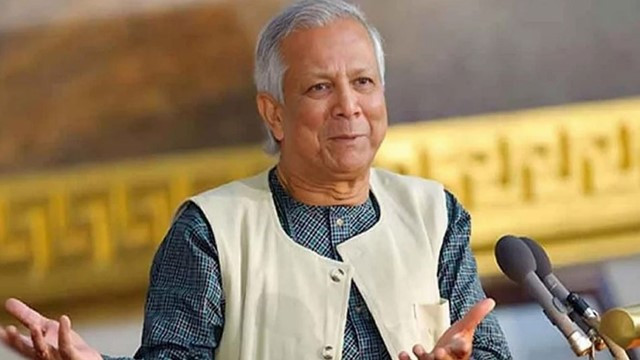
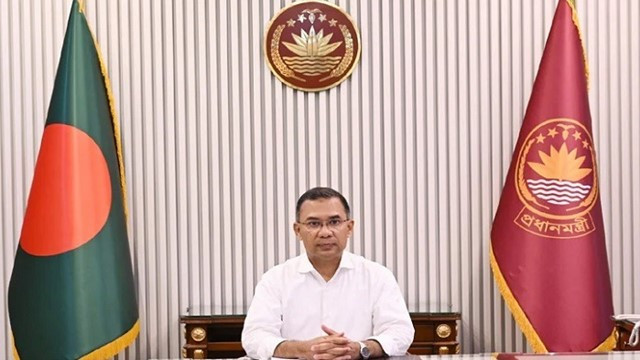
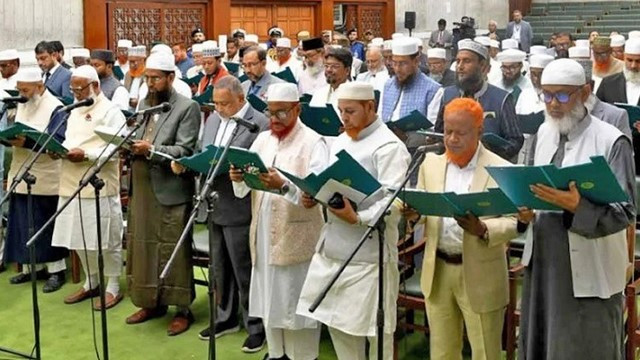
Comments Here: